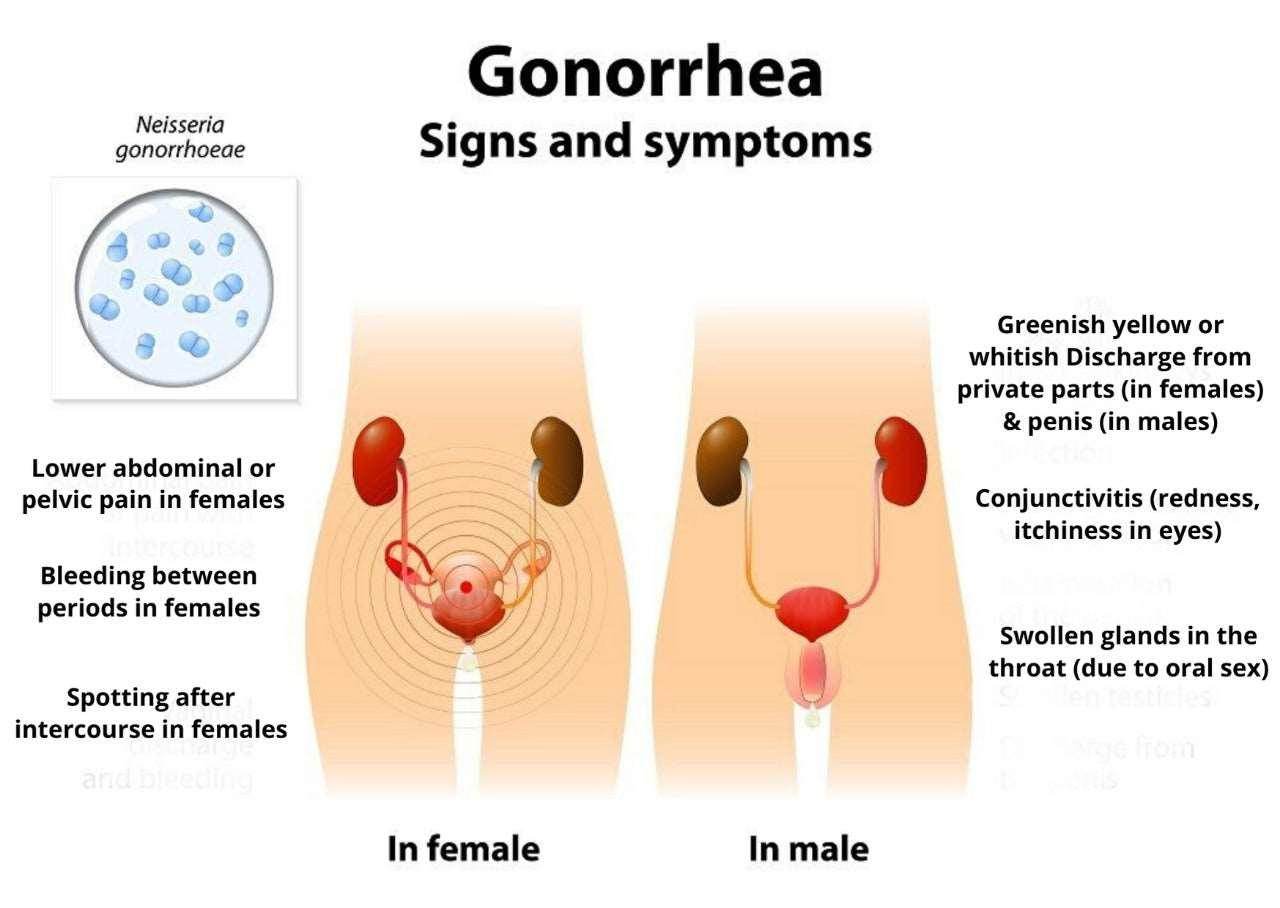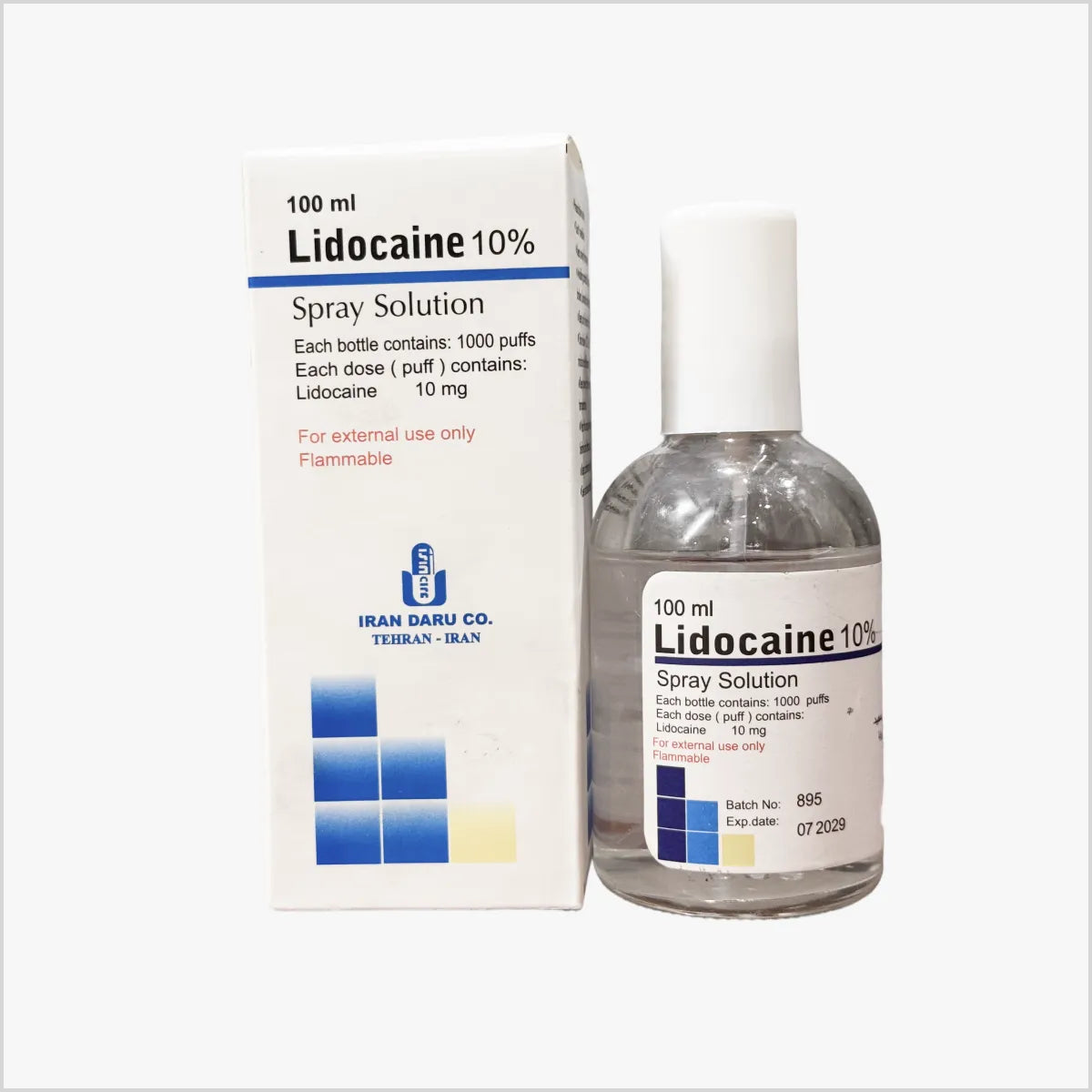🟢 Open: Monday to Saturday 2 to 8 PM. Location: House 59A, Block C1, Gulberg 3, Lahore.

Gonorrhea Treatment Clinic & Cost
You may also like
Gonorrhea, a sexually transmitted infection (STI), has been a significant public health concern for decades. It is essential to raise awareness about this infection, its symptoms, risks, and how to prevent its spread. With proper knowledge and prevention measures, we can work towards reducing the prevalence of gonorrhea and its associated health complications.
Understanding Gonorrhea
Gonorrhea is caused by the bacterium Neisseria gonorrhoeae and primarily spreads through sexual contact, whether vaginal, anal, or oral. It affects both men and women and can also be transmitted from an infected mother to her newborn during childbirth. In some cases, gonorrhea may not exhibit any noticeable symptoms, making it challenging to diagnose and leading to unknowing transmission.
Symptoms
When symptoms do occur, they typically appear within a few days to a couple of weeks after exposure. Common signs of gonorrhea in both men and women include:
1. Painful urination: A burning sensation while urinating is a frequent complaint.
2. Unusual discharge: Men may experience white, yellow, or greenish discharge from the penis, while women may notice increased vaginal discharge.
3. Pelvic pain: Women with gonorrhea may experience lower abdominal or pelvic pain, which can be severe.
4. Abnormal bleeding: Women might have irregular bleeding between periods or after sex.
5. Sore throat and rectal discomfort: In cases of oral or anal exposure, individuals may experience discomfort or discharge from these areas.
Risks and Complications
Gonorrhea can lead to severe health complications if left untreated. These complications can affect both men and women and may include:
1. Infertility: Untreated gonorrhea can cause pelvic inflammatory disease (PID) in women, leading to scarring of the fallopian tubes and potential infertility.
2. Ectopic pregnancy: Women with PID are at higher risk of ectopic pregnancies, where the fertilized egg implants outside the uterus.
3. Increased HIV transmission: Individuals with gonorrhea are more susceptible to HIV infection if exposed.
4. Joint and skin problems: Gonorrhea can sometimes spread to other parts of the body, causing joint pain and skin rashes.

Burhan Ahmed, MD
MBBS, MD (USA), MACP (USA), MSc Dermatology (UK)
Member, American Medical Association
Member, American College of Physicians
Member, Royal College of Physicians
American Academy of Aesthetic Medicine





